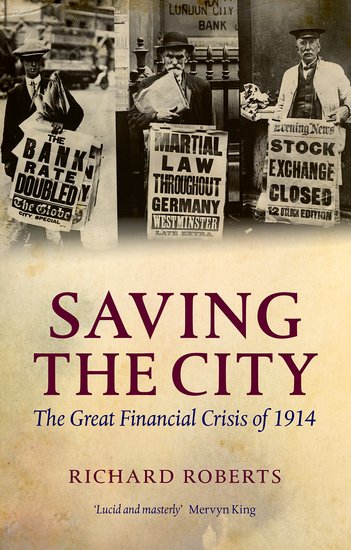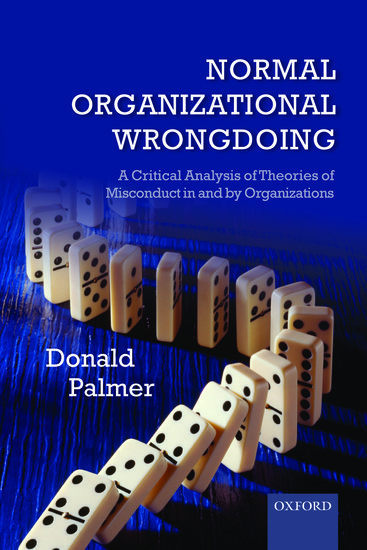The G20: policies, politics, and power
Five years after the worst economic crisis since the Great Depression, the world waits for recovery. Last time it took a world war and forty million deaths to achieve. In 2008, a domino — Lehman Brothers — fell over, sparking a financial crisis that quickly threatened to bring the developed economies of the world crashing down. “This sucker could go down” was President George W. Bush’s pithy summary.









